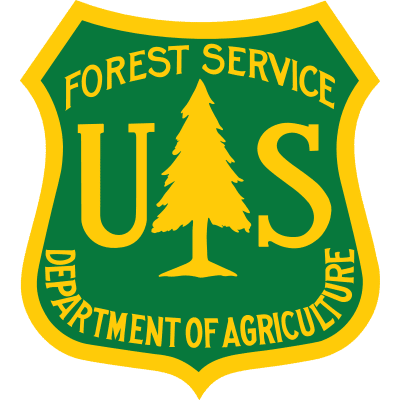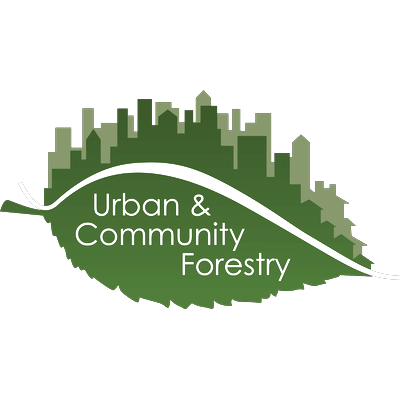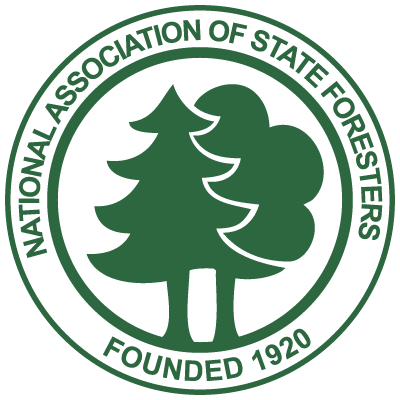Bulletin #67: On-the-Job Training Opportunities
Opportunity knocks and career paths open when young people are given insights, skills and knowledge through internships or other on-the-job training.
The potential is great for communities and organizations to create internship programs and recruit tree care workers and urban foresters for the future. The benefits of reducing unemployment, training for the future, and getting important work accomplished at a reasonable cost makes this a topic worth considering.
This is the free, digital version of Bulletin #67. Purchase the full bulletin for the complete content.
Two Model Entry-Level Programs
From two ends of the country we present a brief profile of programs that are effectively introducing young people to both the world of work and to tree work in particular. While these models depend on available funding and other local circumstances and can change from year to year, they provide good examples of what is possible.
Urban Forestry Training in Milwaukee
Milwaukee’s urban forestry program has a long history of engaging young people and offering them career opportunities to work on the trees in this exemplary Tree City USA. Thanks to initial funding from the USDA Forest Service and support from the U.S. Department of Labor’s Pathways Out of Poverty program and other partners, Milwaukee’s ‘Strengthening Diversity in Urban Forestry Service Delivery’ initiative is resulting in new talent in the private workforce and better trees along the streets and in the city parks.
This is the free, digital version of Bulletin #67. Purchase the full bulletin for the complete content.
The Los Angeles Conservation Corps
According to California ReLeaf, and a recent study done by the California Department of Forestry and Fire Protection, urban forestry in California supports more than 60,000 jobs in that state, resulting in $3.3 billion in individual income and $3.6 billion in added value to the state’s economy. California ReLeaf correctly points out that a broad spectrum of jobs is needed to support urban forestry—and these are non-exportable jobs. Moreover, the work of urban foresters, landscapers, nursery growers, arborists and others in the green industry “make California’s cities and towns better places to live, work, and play.”
A Checklist for Success
When considering creating an internship for your community or organization, here are some suggestions that will help lead to success.
- Be selective. Sympathy for a candidate by itself can be disastrous if basic qualifications are not evident. It may be prudent to require a basic level of reading ability (10th grade level, for example, so instructional materials can be mastered), as well as any physical needs (for example, the ability to lift 40 pounds and/or work in a rope and saddle at 20 feet and be free of vertigo or undue fear of heights).
- Put all expectations in writing. Create the equivalent of a contract so that applicants know exactly what is expected of them, and what they will receive in return. Be detailed, including time to report for work each day, respect for safety instructions, abiding by rules for a drug- and alcohol-free workplace, etc.
This is the free, digital version of Bulletin #67. Purchase the full bulletin for the complete content.
- Use partnerships. Your agency or organization is unlikely to have all the skills necessary for recruiting and managing interns. The help of community organizations that routinely work with employment or training issues should be enlisted early in the planning stage. Likewise, companies or organizations that are potential employers should be part of the team effort.
- Provide tangibles. In planning your training program, plan it around achievable certifications that will help make the trainees more employable. This might include ISA Tree Worker or Arborist Certification, a commercial driver’s license, applicator certification, and first aid/CPR certification.
- Support after training. Keep abreast of industry or your organization’s needs and help trainees apply for future employment. Help them write good résumés, practice job interviews, and obtain feedback on performance from employers after a former intern obtains a permanent job.
More Information
Call 1-888-448-7337 Monday-Friday 8:00 AM to 5:00 PM CST



